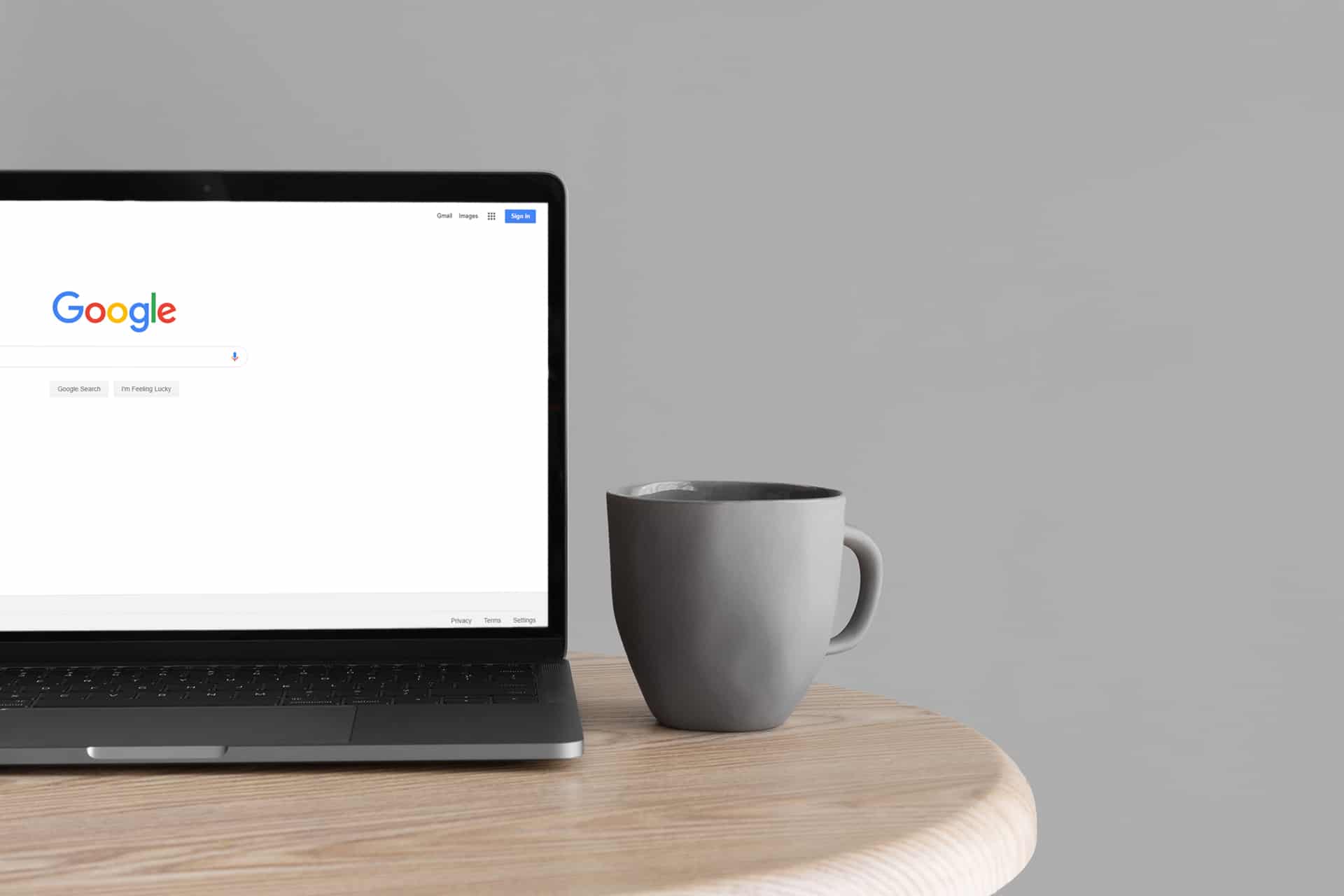SEO stands for Search Engine Optimisation, and basically relates to how your website is found and shown in results for search engines, like Google.
SEO is vital in getting your website seen online, and so it’s important to understand how it works and how you can improve your SEO ranking. SEO is different from pay per click (PPC) advertising, like Google Ads, which are often shown at the top of search engine results pages (SERP).
There can be a lot of confusion around SEO processes and how to get it right, as well as lots of people and companies promoting “growth hacks” and ways to cheat the system. However, just like most things – including your business, it just takes strategy, energy and time to improve.
How does SEO work?
Search engines like Google and Bing use bots which crawl the web, collecting information from websites and then indexing them.
They then use a complex algorithm to sort through the massive amount of data to show and rank relevant results from ideally quality sources.
Basically, the idea is for search engines to provide the best user experience possible by finding what they’re looking for.
How can you improve SEO and your ranking?
As mentioned above and contrary to the weekly spam emails you may receive say, there are no growth hacks, secret tips or fast track ways to getting your website to quickly organically show at the top of SERPs.
There are however, best practice strategies for improving your SEO which fall into two categories:
- On page SEO, and
- Off page SEO
On Page & Technical SEO
On page and technical SEO refers to everything involved in your website directly. This includes things such as:
- Website speed
- Website security, such as SSL certificates
- Keywords
- Correctly named images and alt descriptions
- Correct page set up, such as urls, title tags, meta titles and descriptions
- Mobile responsive layouts
- Clear, user friendly navigation and internal links
- The amount of time visitors spend on your website
- Unique, quality and regular content.
On page SEO is what we include in all of our web design packages, to ensure your site is properly ready to go for launch.
Let’s take a look at some of these aspects:
Keywords
The first place to start is by compiling a list of relevant keywords to your business. Think of what people would be searching when it comes to your business, and what solutions they’re looking for. To determine keywords there are a number of online tools like SEMrush and Moz. A great strategy when you’re starting out is to also ask friends and family to practice performing a search if they were looking for your products or services, and see what terms they use.
Titles and descriptions
Once you have keywords set, it’s important to make sure they are used optimally in your website in your urls (page links), titles, content, image titles and alt tags. This also includes the page title for your website (not your header, but the actual title you can see in the tab at the top of your screen), and your meta titles and descriptions, which are what is shown in search result pages.
Content
Search engines want to show high quality, unique content to their users. Content should be easy to read, provide all of the relevant details needed (no short 50 word pages or posts) and be unique to your website. This is why it’s important to optimise your website copy yourself, or by using a copywriting service.
Blogs are then another great way to use content for both SEO and as a general marketing strategy. Helpful content that people find useful and enjoy reading will keep them on the page longer, helping with your ranking score, and also provide trust and engagement for your brand with the reader too. Quality articles are also more likely to be shared on social media, which can further help to boost your reach.
User Friendly
You want people visiting your website to easily find what they’re looking for and navigate the site. Google also factors this into their ranking. If your site is not user friendly or mobile response they’ll quickly leave the site, which affects your bounce rate and then your score.
Website speed
Website speed relates to the page loading time, and is a huge factor in your SEO ranking. Just as SERPs want to direct users to relevant, quality content they also want them to be able to access it quickly. Plus aside from SEO, a slow loading website is just generally frustrating for your users.
Things like hosting, certain website themes, too many plugins, large images and so many more factors all impact your speed and are important to optimise.
I use and recommend the following for building a site with great speed:
- Generate Press Pro theme: super lightweight which is great for speed, find out more here.
- Elementor Pro page builder: great way to build your site without compromising speed, find out more here.
- ShortPixel: image compression plugin, to decrease your image file sizes to improve loading time (while still retaining quality): find out more here.
- WP Rocket: caching plugin, to increasing website loading time : find out more here.
Off Page SEO
Off page SEO is all of the things you do outside of your website, basically like a PR strategy you use to grow your website and show search engines that you’re popular and trustworthy.
One of the best off page SEO strategies is building backlinks, and this is something that SEO agencies can help with.
Backlinks are links from other websites to yours, and they help to improve your domain authority, which is an important ranking factor. These include things such as media articles which link to your website and guest posts.
It’s not just a numbers game though, the quality of links also has a huge influence so much so that a bad link can actually harm your ranking. Links from well known websites back to you help to show your site’s trustworthiness and a little of their SEO ranking score flows on to you. Spammy and dodgy websites linking to you can have the opposite effect.
Google My Business is also a great free tool for improving your search results, and is especially important for local businesses. This controls your map results and is great for getting your business found locally. Just as your website is set up correctly and with keywords, it’s important to consider the set up of your GMB page too. Once your account is set up you’ll be provided with a unique link for reviews, which is also helpful in improving your search and map results but also generally in providing confidence in your business. We include GMB set up for your business as part of our web design packages.
What are some common SEO mistakes I should avoid?
One of the first, and most common, mistakes is not having your site optimised with all of the on page SEO points above. This is why we make sure all of the websites we design and create include SEO best practice.
Overuse of ads and pop ups, especially on mobile, are also terrible for user experience and can therefore also harm your ranking. So if you’re using these, it’s ideal to limit these to desktop view only and also consider the placement and amount on each page.
It’s also obviously hugely important to ensure that your website has been submitted to and is visible for search engines to index. When your website is ready to launch you’ll need to submit a sitemap to Google and Bing. I’ve also seen people make the mistake of checking a box in WordPress which discourages search engines from indexing the site.
Aside from not setting up properly, there’s also a range of black hat and sneaky tactics which often do more harm than good, these include:
- Keyword stuffing: over filling your copy with keywords
- Poorly written or duplicate content just to try and rank for certain keywords
- Hidden keywords, eg colouring them to blend into the website background
- Lots of spammy, poor quality links
- Fake, non genuine customer reviews
Final thoughts
There’s so much to know and learn about SEO, and this is only a very basic introduction and explanation. We hope that this helps you to understand what it is and how it’s important for your business and website.
Like all good things in life, it takes time but the more effort and work you put into getting it right the greater the rewards will be.
How we can help
We ensure that all of the websites we design are set up with best practices in mind, and we will advise you on strategies to keep improving your SEO post launch, such as blog posts and ways for growing backlinks. We can also help offer SEO audits and fixes for existing websites too. To discuss your business and how we can help please contact us via our contact page or via email to [email protected].



